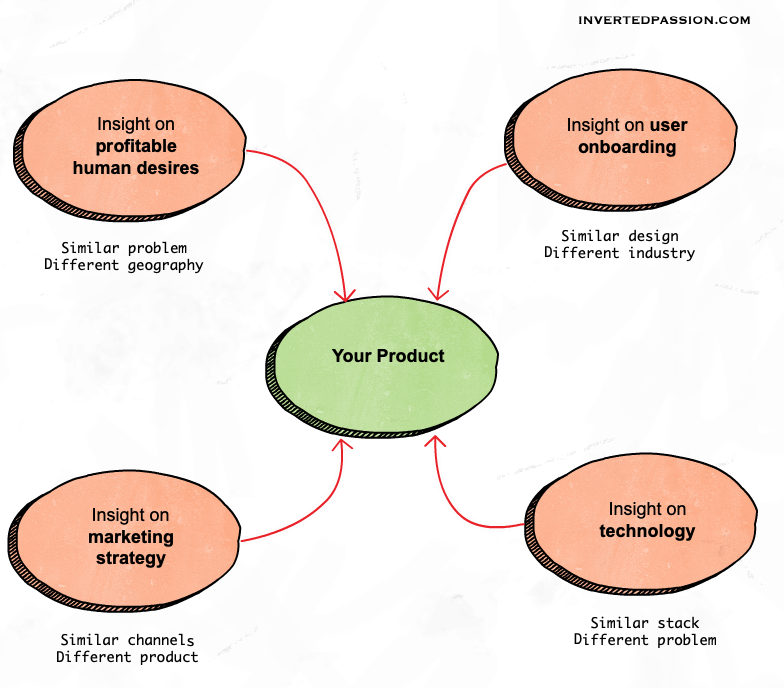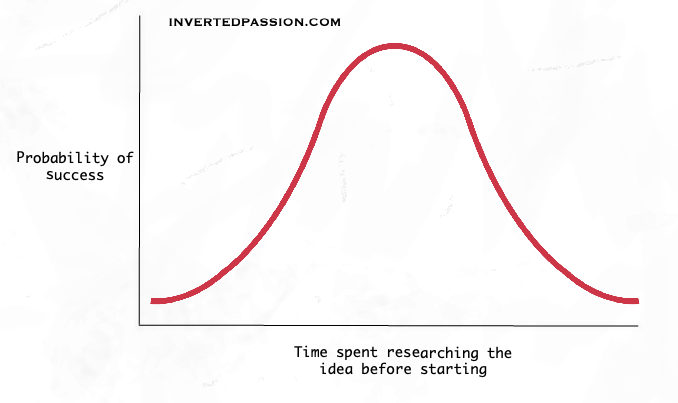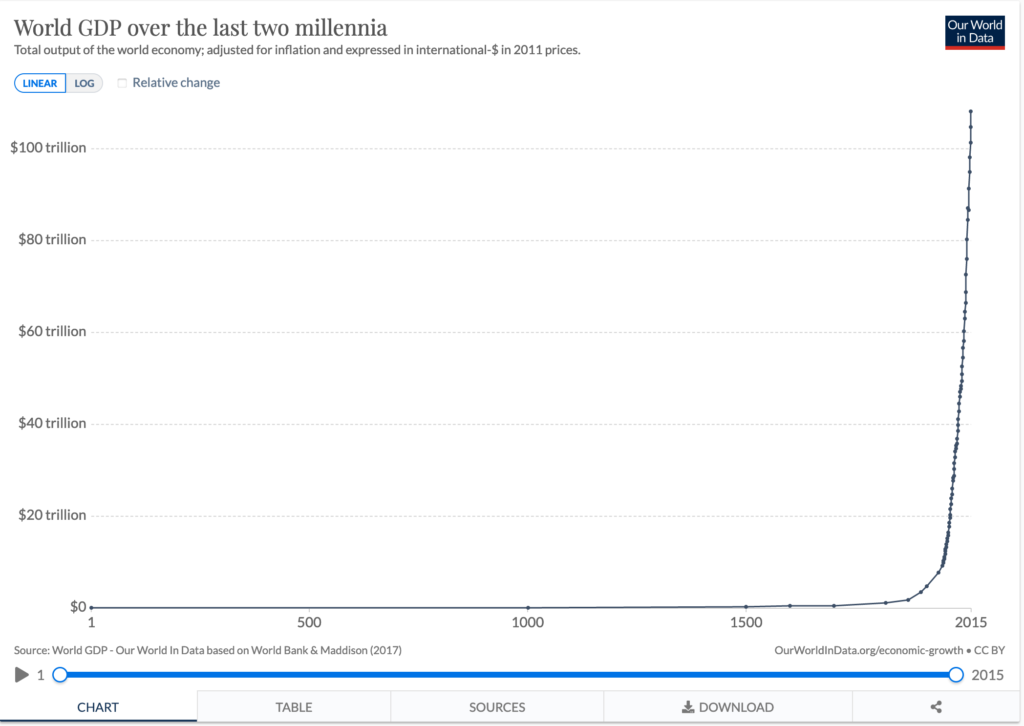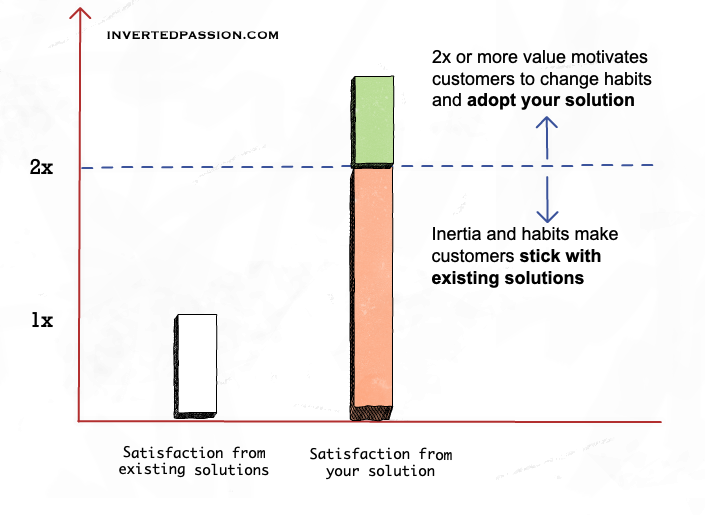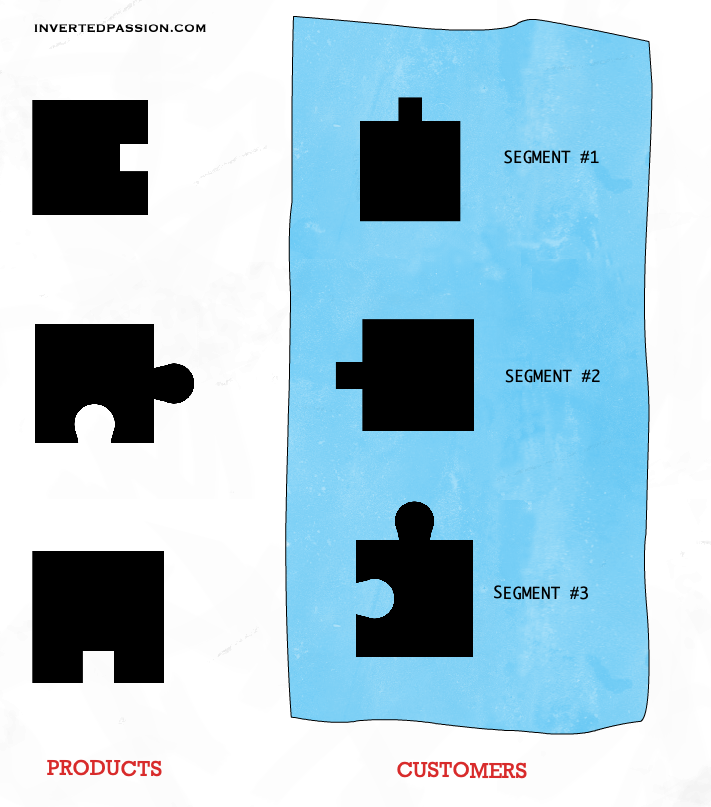All startups live in an ecosystem where different businesses directly or indirectly support one another. For example, in the case of the automotive industry, the ecosystem consists of car manufacturers, car parts manufacturers, petrol stations, car service centers, car insurance companies, and government regulators.
All of them mutually support the entire ecosystem, which means the growth or decline of one business will directly impact all other businesses.
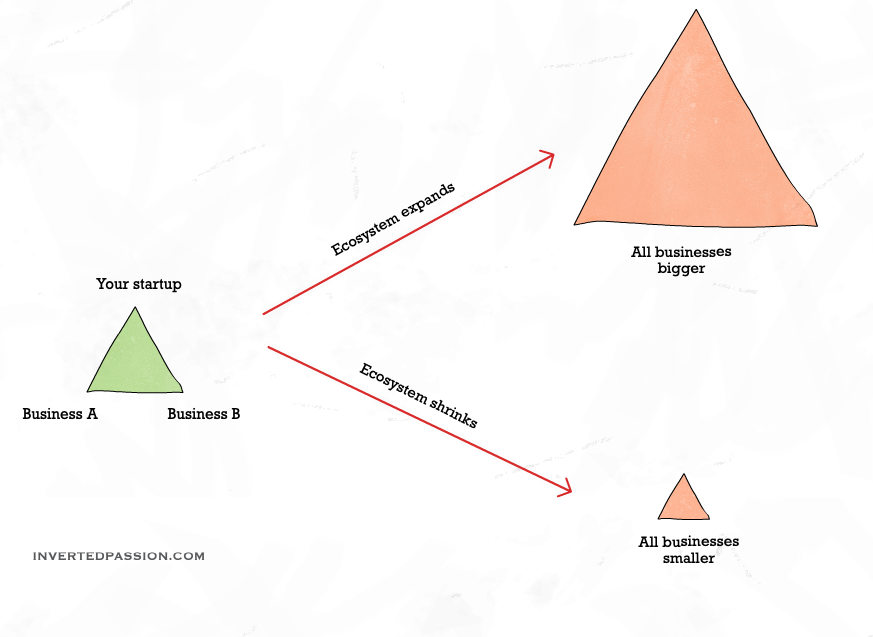
Ecosystems are not always as easy to spot as the automotive industry. Often they are hidden and only apparent in retrospect. ...
